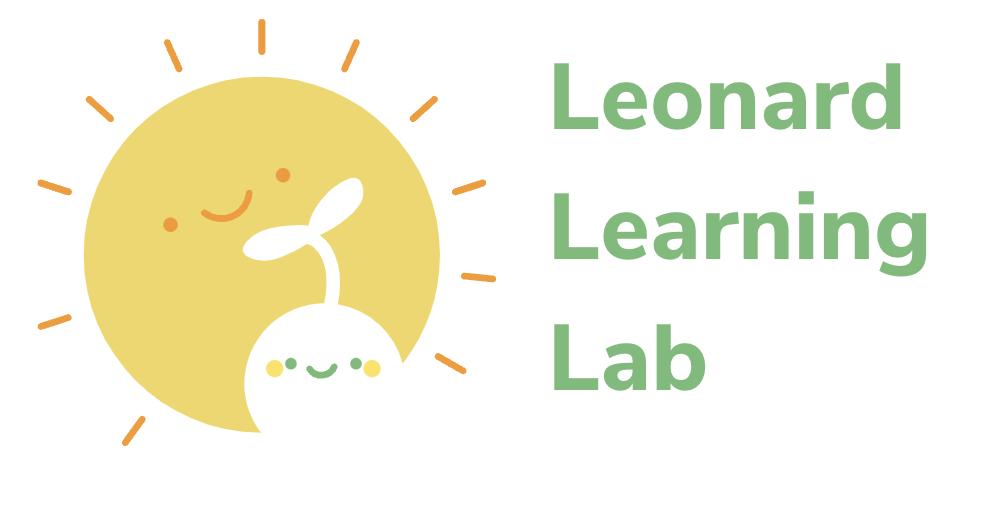
Interested in joining our lab?
-
Dr. Leonard may accept PhD students for this upcoming year.
-
We are not currently hiring for this position.
-
We are not currently hiring for this position.
-
The Leonard Learning Lab is not currently accepting Research Assistant applications.
-
The Leonard Learning Lab is now accepting Research Assistant applications for Summer 2026 through February 1st, 2026.
Our lab's RAs are directly involved in running studies that further our understanding of children’s persistence, motivation, and learning.
Responsibilities: Summer research assistants are responsible for conducting studies with infants, children, and teenagers online and in school/museum settings, interacting with parents and guardians, supporting research and stimuli design, doing data management and simple analysis, and actively participating in lab meetings. Each RA is paired with a mentor in the lab: either a graduate student, postdoc, or the lab manager. Expected time commitment is 40 hours per week, including 2-3 weekend shifts per month.
Requirement: Summer Research Assistants MUST be available full-time to work in person at Yale. We do not have part-time or other remote/hybrid positions available.
Qualifications: 1) Familiarity with and interest in developmental psychology; 2) Experience working with children and families; 3) Basic proficiency with computer applications; 4) Candidates should be collaborative, organized, responsible, and proactive. Basic proficiency with R or other programming languages is a plus.
Funding: Summer Research Assistants MUST apply for Yale funding opportunities (i.e. the Richter Fellowship, the Dean's Research Fellowship in the Humanities and Social Sciences) - please email the lab manager following the application instructions below. Students who are eligible may also use their Summer Experience Award for summer funding.
To apply: please email lab manager Surya Marimuthu (surya.marimuthu@yale.edu) a resume/CV and a cover letter (1 page letter stating why you want to work in the lab and any relevant experiences you want to highlight) by February 1, 2026.
-
The Leonard Learning Lab is not currently accepting senior thesis students. Please check back next year.
Our lab is able to supervise thesis students from the Psychology and Cognitive Science majors. In order to be considered as a potential thesis student for our lab, you must meet the following requirements:
You must complete at least 1 semester as a research assistant, unless you receive express permission from the PI.
You are generally expected to write your thesis on one of the lab’s already existing projects/datasets. For example, you might write about a project that you have been an RA on previously; or, you might explore data from an older project in a novel way. For instance, Marissa Healy (thesis student 2022-23) did her thesis on Reut Shachnai’s project looking at over-engaged parenting. Although the study primarily focused on parents’ physical actions, Marissa developed a novel research question about parents’ verbal interventions during the study, like providing direct instruction or positive feedback. She coded all of the audio data from the study and worked with Reut to analyze them in R. This is a great example of how you can create an original research question within an already established project, while providing critical help to your research mentor!
In some cases, we will supervise a thesis looking at an original question stemming from another project in the lab. In this case, you must secure your own funding (such as the Mellon Grant, or a CIPE fellowship for summer work) to support this work. It is most feasible to do this in cases where you can run a survey online (like on Prolific or MTurk), code your own remote study (like on Lookit), or run a study with Yale undergraduates (SONA).
You must set up a meeting with your lab mentor and Julia to discuss your interest in completing a thesis.
After the initial meeting with your lab mentor and Julia and before the lab agrees to supervise your thesis, you must write a formal thesis proposal. The proposal will help us (and you) evaluate whether your project is tractable for a one-year thesis timeline. In this proposal, you must provide a compelling overview of your thesis topic (around 5 pages double-spaced, including 2-3 pages of relevant literature and 2-3 pages of proposed methods and hypotheses), plus a 1-2 page timeline for completing your thesis. Generally, this proposal should be submitted by the end of your junior year.
-
The Leonard Learning Lab is not currently hiring non-Yale students.
-
The lab does not currently have any opportunities for high school students to get involved in research.
-
As a lab that studies how children learn and persist, we appreciate your interest in our research and depend on support and input from families like yours.
If you would like your child to be part of our research, we run studies for kids of different ages online, at museums, and schools. Check out this page for more info!
If you would like to learn more about our research, read more about it here and check out media coverage of our work here.
-
In line with departmental guidelines outlined by the Yale Psychology Committee for Racial Equity and Justice, our lab does not accept volunteers. All students who wish to work in our lab, both in the academic year and during the summer, must formally apply through the processes outlined above and secure funding (or other compensation) for their work in the lab.







